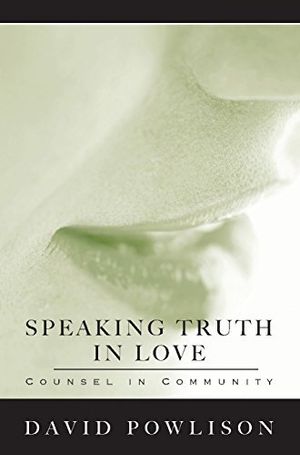Another day; another book on counselling! This book, however, is more reliable and helpful than many other offerings of recent years. The author teaches practical theology at Westminster Theological Seminary and edits the Journal of Biblical Counselling.
It is his commitment to the importance of truly biblical counselling that distinguishes this volume from all the self-help and pop-psychology texts that have flooded into so many bookshops.
As an introduction to biblical counselling, much of the content is helpful. There is a valuable emphasis on the importance of listening, and a balanced analysis of the roles of the gospel and prayer, together with a wariness of non-Christian psychology – including when it is practised by Christians!
The list of affirmations and denials with regard to counselling faith and practice establishes a solid framework for anybody working in this field at whatever level. The author is particularly concerned to encourage an awareness of the importance and benefits of counselling within the life of the church.
However, the experienced counsellor would no doubt appreciate a more detailed critique of current theories and practices, while the pastor under pressure would probably welcome a greater number of case studies to which he could relate real-life situations.
Despite references to the Puritans, the book does not devote much attention to the puritan model of applying biblical principles to pastoral care. There is also a suspicion at times that the author is in danger of being swept away by his enthusiasm for his subject – as reflected, for example, in his interesting but not entirely convincing analysis of Psalm 119 as an exercise in biblical counselling.
This book is not the last word on counselling issues, but it would certainly be a good place to begin, for individuals and churches requiring an introduction to a subject that is so often beset by confusion.






